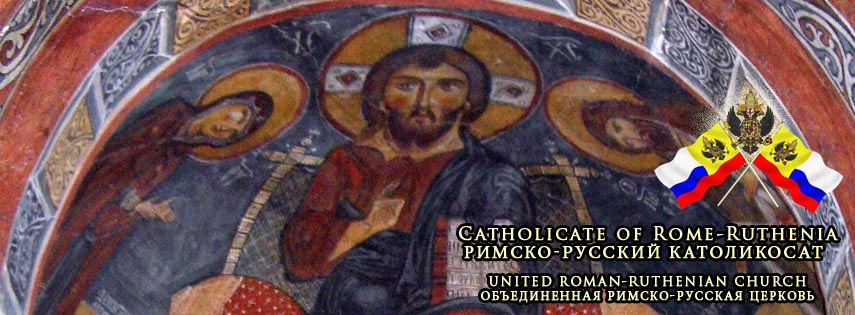Q: Are you an Orthodox Church if you are not affiliated with churches such as the Eastern Orthodox Church (Greek Church)? Because it is our faith and heritage. Not all Orthodox churches are in communion with each other. While they share a common faith and belief system, there are some that remain independent entities. Orthodox Christianity is comprised of various churches, each with its own hierarchy and jurisdiction. These churches can be categorized into two main groups: those in communion with each other and those that are not.
The Eastern Orthodox Church (officially the Orthodox Catholic Church), for example, consists of multiple autocephalous (self-governing) churches. These include the Greek Orthodox Church, Russian Orthodox Church, Serbian Orthodox Church, and many others. They are united in their faith and share a common liturgical tradition but have independent leadership structures.
On the other hand, there are also independent orthodox churches (such as the United Roman-Ruthenian Church) that do not participate in the broader communion of orthodox churches. These churches may have historical or theological reasons for remaining separate from the mainstream orthodox community. While these independent orthodox churches may differ in terms of governance or specific practices, they still hold true to the core beliefs of Orthodoxy. They maintain sacraments such as baptism and holy communion and adhere to fundamental doctrines such as the Holy Trinity and veneration of saints.
It is important to understand that not all orthodox churches are in communion with each other. Some choose to remain independent due to historical factors or specific circumstances. Nonetheless, despite these differences, all orthodox churches share a common faith rooted in ancient Christian traditions.
Q: Are you a Catholic Church if you are not affiliated with the Roman Communion/Vatican Church?
Likewise because it is our faith and heritage. When we think of the Catholic Church, we often envision a unified global institution under the guidance of the Roman Pope and the Vatican. However, it's important to note that not all Catholic churches are in communion with each other, or are even under the jurisdiction of the Roman Pope.The term "Catholic" itself means universal, but there are various branches and independent churches within Catholicism. These variations stem from historical, theological, and cultural differences. One significant example is the Eastern Orthodox Church. While sharing many similarities with Roman Catholicism, including sacraments and apostolic succession, the Eastern Orthodox Church operates independently from Rome. It has its own hierarchy of bishops and does not recognize the authority of the Roman Pope. Also, the Eastern Orthodox Church's official name is the Orthodox Catholic Church.
Other examples include the Old Catholic Churches and the Old Roman Catholic Churches. The reasons for these divisions can be complex and multifaceted. They may arise from theological disagreements, cultural distinctiveness, historical events such as political conflicts or regional disputes. Regardless of their differences, these churches share a common belief in core Catholic teachings such as the sacraments and apostolic succession.
The United Roman-Ruthenian Church descends from Old Catholic and Old Roman Catholic Churches, as well as Eastern Orthodoxy and other Orthodox Churches.
Understanding these variations within Catholicism is crucial for fostering dialogue and respecting diversity within Christianity. It reminds us that while unity is an ideal goal among believers, differences can coexist peacefully within a broader faith tradition.
In conclusion, not all Catholic churches are in communion with each other or with the Vatican. Variations exist due to historical, theological, and cultural factors. Recognizing these distinctions helps promote understanding and appreciation for diversity within Catholicism while embracing shared beliefs at its core

